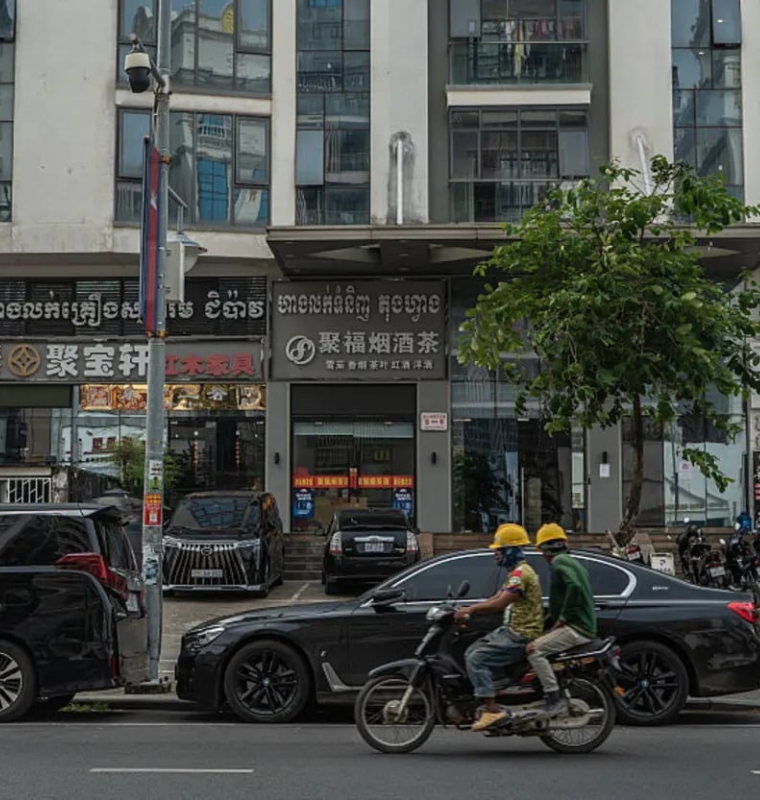Warren Buffett Accelerates Charitable Giving and Endorses Successor While Preserving Stake in Berkshire
Warren Buffett Accelerates Charitable Giving and Endorses Successor While Preserving Stake in Berkshire
By
Leah Rosenfeld
Last updated:
November 11, 2025
First Published:
November 30, 2025
.webp)
Photo: Forbes
Legendary investor Warren Buffett is accelerating the pace of his philanthropic efforts as he begins handing over the reins of Berkshire Hathaway and ensures that his $149 billion estate will land in the hands of his children’s foundations. At the same time, he signals full support for his chosen successor, Greg Abel, while retaining a substantial stake in the company until shareholders gain confidence in the new leadership.
A Charitable Boost Before the Change
In his annual Thanksgiving letter — which he plans to continue even as he steps back from the CEO role — Buffett announced the conversion of 1,800 Class A shares into 2.7 million Class B shares, valued at approximately $1.3 billion, to be donated to four family foundations: the Susan Thompson Buffett Foundation, the Sherwood Foundation, the Howard G. Buffett Foundation and the NoVo Foundation.
Buffett explained that because his three children are aged 72, 70 and 67 respectively, he is accelerating the lifetime transfers “to improve the probability that they will dispose of what will essentially be my entire estate before alternate trustees replace them.” He emphasised that this acceleration “in no way reflects any change in my views about Berkshire’s prospects.”
Leadership Transition and Strategic Retention
Buffett reaffirmed his confidence in Greg Abel, who is set to take over as CEO at the start of 2026, with Buffett remaining as chairman. However, he clarified that he intends to keep a “significant amount” of Class A shares until shareholders develop the same level of confidence in Abel that Buffett and his late partner Charlie Munger enjoyed. “That level of confidence shouldn’t take long,” he wrote.
With Buffett’s holdings still valued at roughly $146-150 billion, he continues to wield substantial influence over the company’s future. His message to shareholders stressed that the transition is orderly and that he believes the company is well-positioned for long-term success under Abel’s leadership.
Reflections on Legacy, Health, and Berkshire’s Future
In a more personal portion of the letter, Buffett offered a rare update on his health: “To my surprise, I generally feel good. Though I move slowly and read with increasing difficulty, I am at the office five days a week where I work with wonderful people.” He acknowledged the reality of aging but stressed his ongoing commitment.
Buffett also reflected on the scale of Berkshire: its massive cash reserves (over $380 billion as of Q3) and its diversified mix of businesses, while cautioning that size can become a limitation: “In aggregate, Berkshire’s businesses have moderately better-than-average prospects… however, a decade or two from now, there will be many companies that have done better than Berkshire; our size takes its toll.”
Finally, he offered timeless advice: “Decide what you would like your obituary to say and live the life to deserve it,” and encouraged shareholders to “choose your heroes very carefully and then emulate them. You will never be perfect, but you can always be better.”
What This Means for Investors and Philanthropy
For investors, Buffett’s letter signals continuity and stability: even as the CEO baton passes to Abel, the founder remains deeply invested — financially and philosophically — in the company’s path. The accelerated giving also underscores Buffett’s commitment to philanthropy and his belief in entrusting his wealth to capable stewards (his children) rather than leaving the distribution purely in the hands of outside trustees.
For philanthropy observers, the $1.3 billion donation and the lifetime-giving acceleration highlight a shift in timing: rather than posthumous gifts, Buffett is enabling his family’s foundations to engage while he is still active and involved.
As Berkshire embarks on its next chapter, investors and stakeholders will watch closely how Abel executes, how the company deploys its record cash pile, and how the leadership transition affects performance. For now, Buffett’s message conveys both gratitude and reassurance: he’s stepping back—but not stepping away.
Popular articles
Subscribe to unlock premium content
Defying Gravity in Style

Lunar Dreams Become Reality

Frozen Fantasies Come Alive

Defying Gravity in Style

Lunar Dreams Become Reality

Defying Gravity in Style









